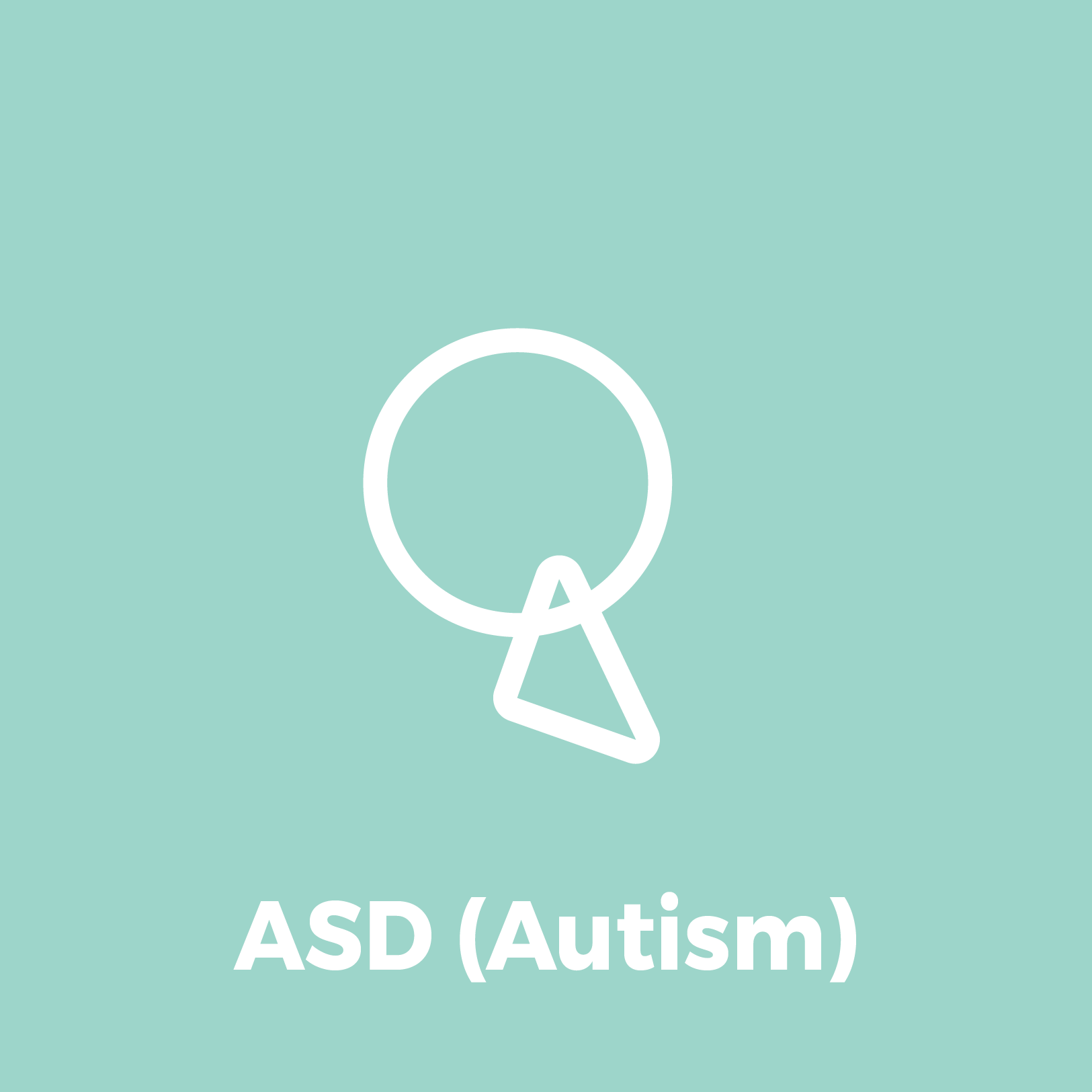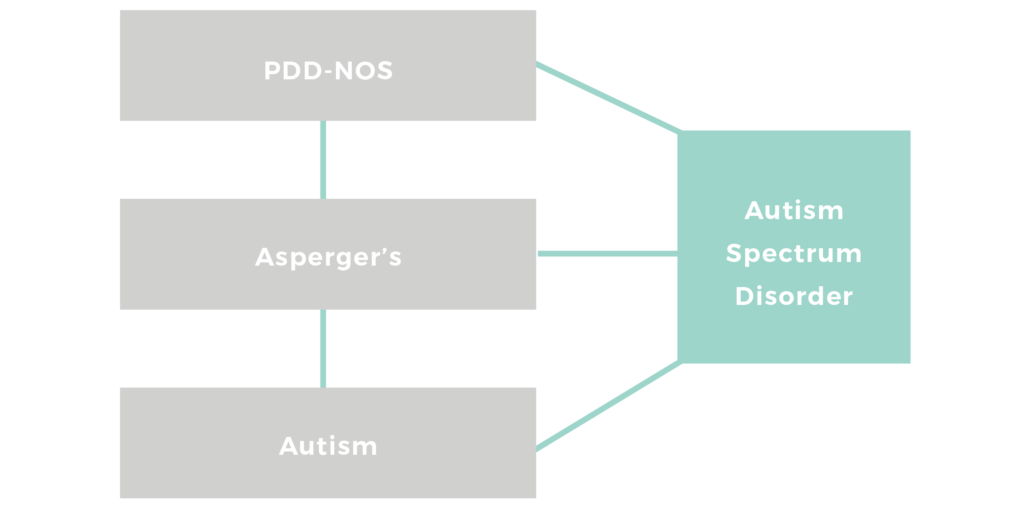

Previously, individuals with autism spectrum characteristics received a diagnosis of Pervasive Developmental Disorder, Not Otherwise Specified; Asperger’s Disorder; or Autistic Disorder, depending on their level of characteristics. All of these diagnoses have been combined to form a single diagnosis of Autism Spectrum Disorder.



For evaluations, YMC is currently in-network with BCBS, United, Cigna, Aetna, and ComPsych. At this time, they are not in-network with any state-funded plans, such as AHCCCS or Mercy Care.